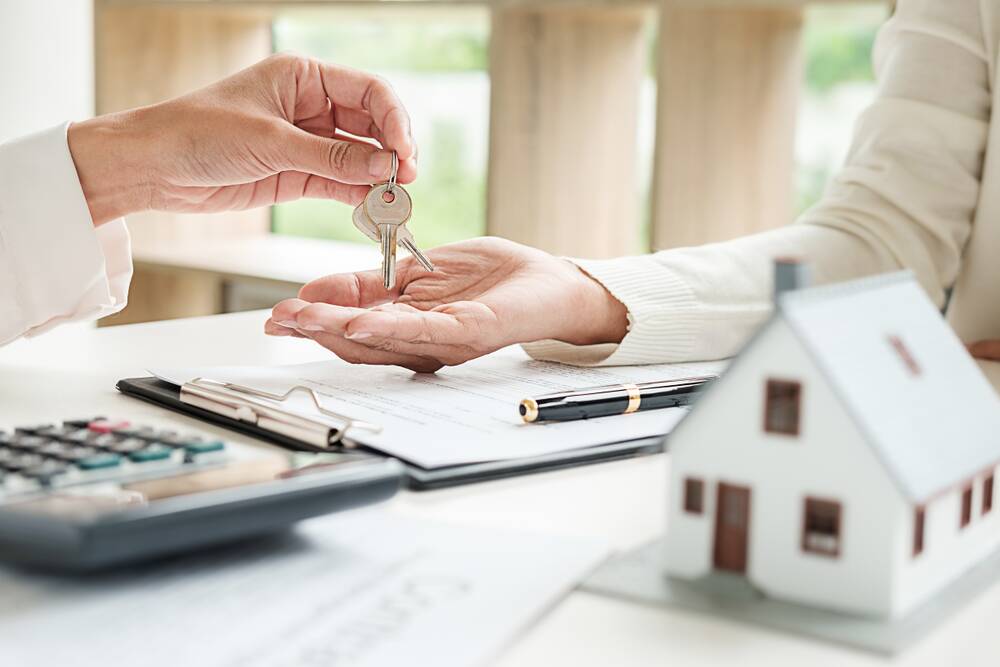What are my legal obligations when buying a property?

This is branded content.
Buying your first property is often one of the most liberating and exciting moments in anyone's life.
However, while buying a home is a huge moment, it is not always the most simple of processes.
There are many different legal obligations that you need to be aware of when buying a property, and it's important that you have a good understanding of your responsibilities so that everything goes as smoothly as possible with the sale.
Signing on the dotted line when buying a property is one of the most important financial decisions that you will make in your lifetime, so you want to be sure that you get it right.
To ensure that you have all of the information that you need and that everything is above board, it's always a good idea to seek advice from trusted lawyers in Essendon before you sign anything.
With the help of an experienced lawyer, you can rest easy when you're buying a property, knowing that you have done everything that you need to do to the letter of the law.
Let's take a look at some of the legal obligations you need to be aware of when you are buying a property.
The contract for sale
When you've decided on buying a property, the contract for sale is where you will find the majority of your rights and obligations.
In short, it's the terms and conditions of the property that has been agreed upon by both the seller and the buyer.
After the contract for sale is written up, it's a good idea to get your solicitor or lawyer to go through the document to ensure that it is not just legal but also fair to you.
Mortgages
When you're not buying a property outright, you will need to take out a mortgage.
This mortgage will give the lender of the mortgage some rights over the property, which can include selling it if you cannot pay the regular mortgage payments as time goes on.
Checking your mortgage with a solicitor is a great idea, mainly to ensure that you understand all your obligations. These obligations can range from refinancing to paying off your mortgage earlier than stated.
Taxes
When you buy a property, you will have to pay a tax on the sale. This is known as stamp duty.
However, in some cases, you will not have to pay tax. A few examples of this are if the property has been newly built, or if it is the first home.
If you are buying a property for business purposes, you may need to pay goods and services tax (GST) or land tax. Check with your lawyer to make sure you are fully informed of any taxes payable.
Settlement
When everything has been agreed upon and signed the contract for sale, you will then need to settle the sale.
Settlement is when you are obliged to pay the seller what is needed to purchase the home. This can also include things from utility bills to taxes and anything else. The contract usually stipulates a certain timeframe for when the settlement should be paid.
If the settlement is not paid by that date, you will incur interest on the payment. If the settlement isn't paid for some time, the seller has the right to cancel the sale of the property and even keep your deposit so it's important that you consult your lawyer to avoid financial loss and disappointment.
If it ever looks like you will not be able to pay the settlement for some reason or another, you should contact your lawyer or solicitor as soon as possible so that they can come to a mutually acceptable agreement with both parties.
Ensure that your property sale goes as smoothly as possible
Buying a property doesn't have to be difficult or stressful, especially if you seek the right legal and realty advice.
So long as you follow all your legal obligations when buying your new property, and double-check with your solicitor, you can avoid facing any unnecessary legal action and ensure that the sale of your new property goes as smoothly as possible.


